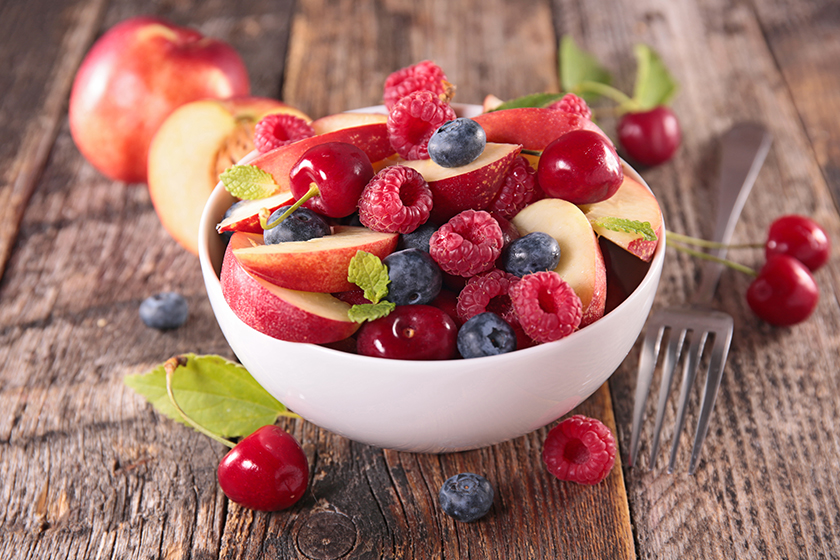As we age, our dietary needs change. Incorporating an anti-aging diet for elderly individuals can be a powerful tool for promoting health, longevity, and overall well-being. But what does an anti-aging diet entail? It’s about more than just counting calories – it involves making thoughtful food choices that can help slow the aging process and reduce the risk of age-related diseases.
Opt for Antioxidant-Rich Foods
One of the pillars of an anti-aging diet is the inclusion of antioxidant-rich foods. Antioxidants combat free radicals, which can cause cell damage leading to aging and disease. Foods like berries, leafy greens, nuts, and dark chocolate are loaded with antioxidants and can be easily integrated into your daily meals.
Include Healthy Fats
Healthy fats, particularly omega-3 fatty acids, play a significant role in an anti-aging diet. They support heart health, brain function, and fight inflammation, which is often linked to chronic diseases and aging. Fatty fish like salmon, mackerel, and tuna are excellent sources of omega-3s. Additionally, walnuts, flaxseeds, and chia seeds are great options for those following a plant-based diet.
Prioritize Protein
As we age, maintaining muscle mass is crucial for overall health and mobility. Protein plays a key role in this process. Opt for lean proteins like poultry, fish, eggs, and plant-based sources like lentils, quinoa, and tofu. Try to include a source of protein in every meal to support muscle health and sustain energy levels.
Limit Processed Foods and Sugars
Processed foods and sugars contribute to inflammation, weight gain, and a host of other health problems. They are often high in calories but low in nutritional value. Try to limit your intake of processed meats, packaged snacks, and sugary drinks, replacing them with whole foods whenever possible.
Stay Hydrated
Water is vital for every function in our body, and hydration needs should not be ignored in an anti-aging diet for elderly individuals. Staying hydrated helps maintain skin elasticity, aids digestion, and keeps your body functioning optimally. Aim for 8-10 glasses of water per day, but remember, needs may vary based on your activity levels and overall health.
Embrace a Variety of Fruits and Vegetables
Fruits and vegetables are the stars of any healthy diet due to their high nutrient and fiber content. They also provide a wide range of antioxidants and other compounds that promote health and longevity. Aim to fill half your plate with fruits and vegetables at each meal, and try to eat a rainbow of colors to benefit from a variety of nutrients.
Practice Mindful Eating
Beyond what you eat, how you eat also contributes to an anti-aging diet. Mindful eating – eating slowly, savoring each bite, and listening to your body’s hunger and fullness cues – can help you enjoy your food more and prevent overeating. This can lead to better digestion, weight management, and a healthier relationship with food.
Your Diet, Your Longevity
An anti-aging diet for elderly individuals can serve as a roadmap to better health and increased longevity. It’s about choosing foods that nourish your body, support your health, and help you age gracefully. Remember, it’s never too late to make positive changes in your diet. Each nutritious meal is a step towards a healthier, more vibrant senior lifestyle.







